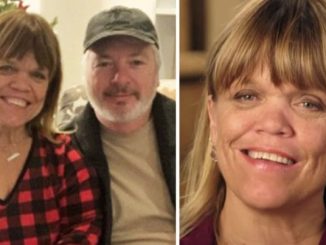A guy who is 73 years old and has been diagnosed with a recurrence of skin squamous cell carcinoma that has spread to the nasal septum and dorsum and has metastasized to lymph nodes (cT4aN2bM0). Earlier, he had surgery at another facility for a partial rhinectomy as well as repair of the left ala with a left forehead flap.

The patient had a partial rhinectomy as well as bilateral neck dissection, which led to a diagnosis of pN3b, ENE +, and the sub-galeal placement of a tissue expander on the patient’s top right forehead (an uncommon location owing to the scars from prior surgery).

Radiotherapy with adjuvant treatment was carried out on N. After a delay of six months after the conclusion of radiation on the neck, reconstruction was finally performed. During this time, the columella exhibited increasing deformation, progressively sloping to the left side of the head.

It was intended for the whole nasal skin to be reconstructed using a flap taken from the patient’s forehead. The flap would have been attached to the remaining columella by an incision similar to one made during open rhinoplasty. We came to an understanding with the patient that our objective was to give him a nose that was repaired to look as much like his natural one as was humanly feasible. A computer-aided design was used to create the contour of the rebuilt nose in order to replicate the natural nose and to arrange the measurements and angles. It was decided that the structure needed a plate that was constructed to order.
After mapping the right supratrochlear pedicle using linear ultrasonography, the template was used to design the flap that was placed on the patient’s forehead. In order to restore the lining, local hinge flaps were scheduled to be taken from the cheeks.









